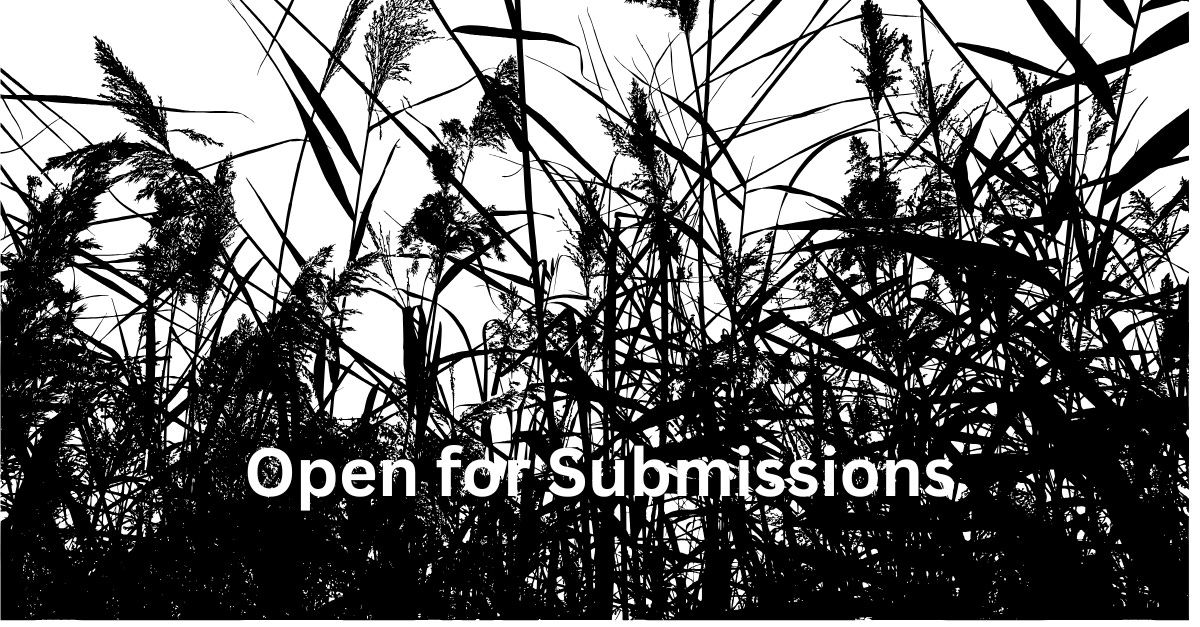Submissions Now Open
Updated: 23 October 2025
I Am Not Calm is a safe space set up by Amanda Nicholson, for autistic people to share their experiences.
We are now looking for submissions. Here are the details:
· No closing date.
· Flexible word count between 500 and 1000 words, but if you need to say more, say more.
· Send your personal essays and non-fiction to amanda@writer.co.site
· We can’t pay, but will give all accepted contributors a three-month subscription to the page.
· Please state whether you want your work to be available to free subscribers (so anyone can read it) or behind a paywall (this limits who sees it to paid subscribers and those who have already contributed.)
Please note: Although we’re open to any topics related to autism for the blog, if you need some suggestions, please see below.
Work
Friendships
When/how you realised you were autistic
Masking/unmasking
Your experience of autistic burnout
Bullying
We’re also open to audio recordings on the above subjects and anything else that can be used on the podcast.
If you have any questions, just ask.




while I understand you're sharing your personal experiences, I have to be honest: nothing in any of your article clearly points to autism. What you described sounds more like social anxiety, introversion, or struggles with self-esteem — things many people experience, neurodivergent or not.
Autism isn't about feeling left out or not clicking with people. It's a developmental condition with neurological differences that affect communication, sensory processing, routines, and social understanding from early life. You didn’t mention any of those core traits — no sensory sensitivities, no developmental differences, no communication challenges in the way autism typically presents.
Realising you relate to a poem or feeling different doesn't equal a diagnosis. A lot of people feel awkward socially or struggle with friendships — that doesn’t automatically mean they're autistic.
I think claiming this identity without a solid grounding in the actual traits or history risks diluting what autism really is — and that affects people who genuinely live with it..